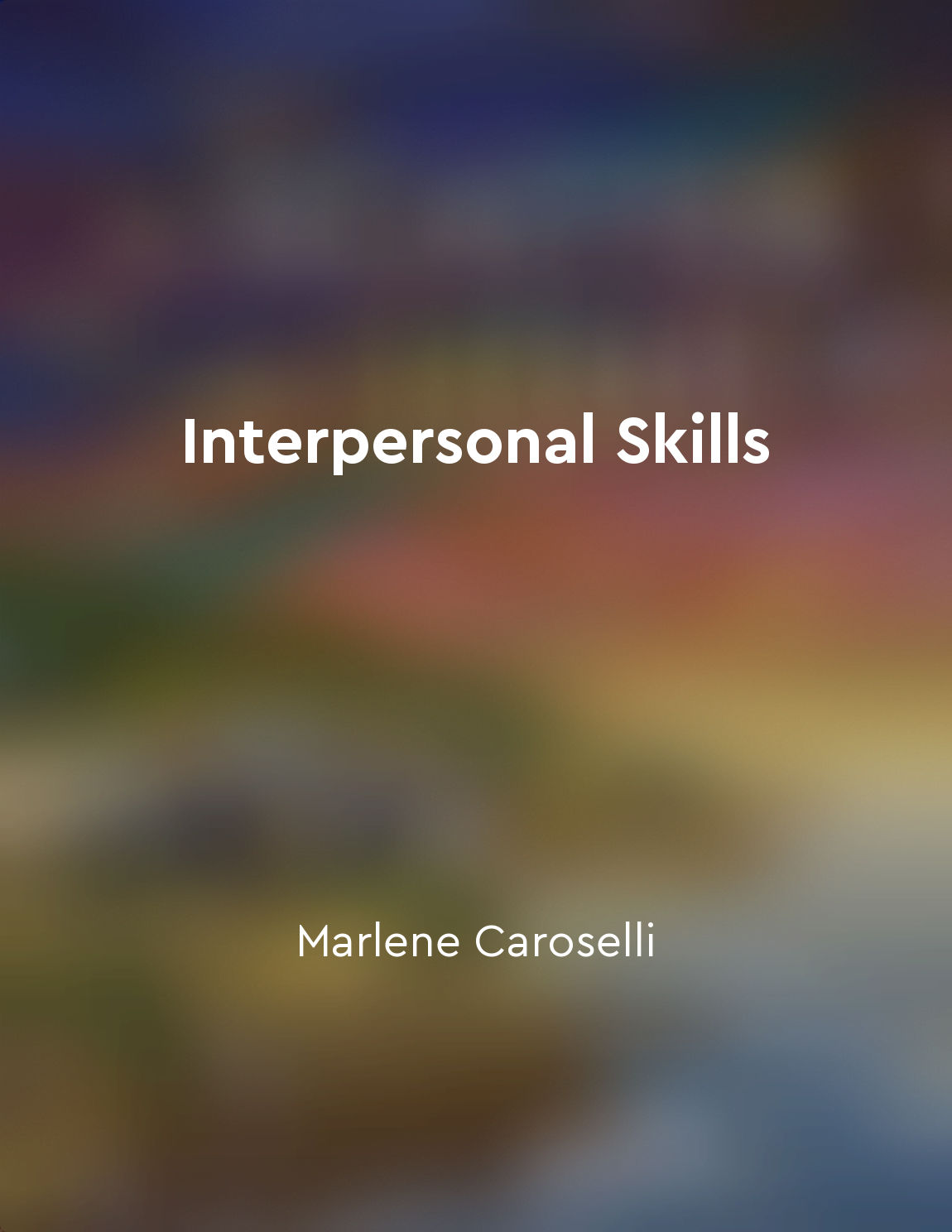Audio available in app
Learn problemsolving skills to address conflicts from "summary" of Beyond Anger by Thomas Harbin
When faced with conflicts, it is essential to approach them with problem-solving skills in mind. These skills involve the ability to identify the root cause of the conflict and work towards finding a resolution that is satisfactory to all parties involved. It is important to remember that conflicts are a natural part of human relationships and can provide an opportunity for growth and understanding if handled correctly. One key aspect of problem-solving skills is the ability to remain calm and composed in the face of conflict. This involves managing emotions and refraining from reacting impulsively. By taking a step back and assessing the situation objectively, individuals can better understand the underlying issues at play and work towards a constructive solution. Effective communication is another crucial component of problem-solving skills. This includes actively listening to the other party's perspective, expressing one's own thoughts and feelings clearly, and seeking to find common ground. By fostering open and honest dialogue, individuals can create a foundation for resolving conflicts in a respectful and mutually beneficial manner. Furthermore, problem-solving skills require a willingness to compromise and collaborate. It is important to approach conflicts with a mindset of finding a solution that meets the needs and concerns of all parties involved. This may involve brainstorming possible solutions, weighing the pros and cons of each option, and being open to alternative perspectives.- Learning problem-solving skills is essential for effectively addressing conflicts in relationships. By remaining calm, communicating effectively, and collaborating towards a mutually agreeable solution, individuals can navigate conflicts in a constructive and productive manner. These skills can not only help resolve immediate conflicts but also foster stronger and healthier relationships in the long run.
Similar Posts
Cultural differences impact communication
Understanding cultural differences is essential for effective communication in the workplace. When individuals from different c...
Sharing experiences creates shared meaning and connection
When we share our experiences with others, we are not only sharing facts or events – we are sharing a piece of ourselves. By op...
Selfawareness is the first step in improving emotional intelligence
To improve emotional intelligence, self-awareness is the starting point. This means being conscious of your own emotions, stren...
Emotional intelligence plays a role in communication
Emotional intelligence is a critical component of effective communication. It is the ability to recognize and understand emotio...
Nonstate actors
Nonstate actors are entities that operate outside the realm of traditional state structures, yet play a significant role in sha...
Avoid making decisions based on emotions
When emotions are high, logic often takes a backseat. Making decisions when emotions are running high can lead to choices that ...
Empathy enables us to connect with others' humanity
Empathy is a powerful tool that allows us to truly connect with the humanity of others. It goes beyond simply understanding som...

Compassion fosters a supportive and caring atmosphere
Compassion is a powerful force that can transform the atmosphere of any environment. When individuals are compassionate towards...
Embracing diversity can strengthen collective power
The idea that diversity can enhance collective power is a fundamental concept in the realm of leadership and management. When w...


